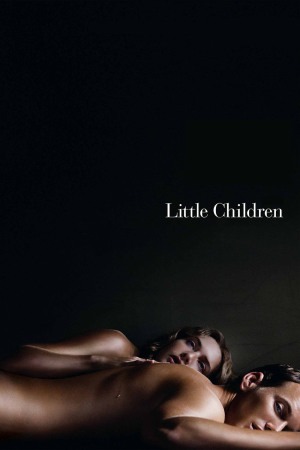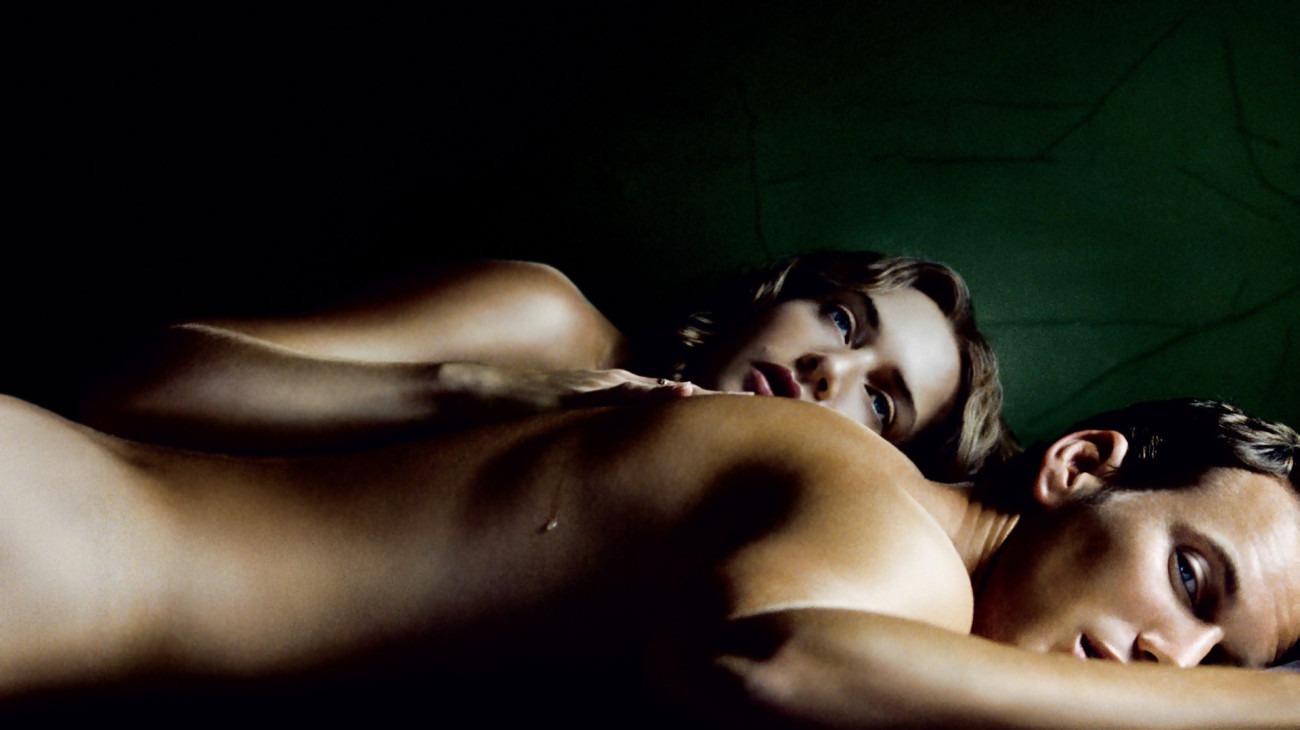
A review in brief
Little Children is very nearly perfect; if only the script was a little better. It's a brilliant character study and satire of suburban paranoia, marred by constant, overly literal narration and a too-neat ending that puts a lovely lace bow on a film about human sloppiness.
When it works, however, it's impossible to deny it: it reads much like an infinitely-smarter American Beauty, and even an improvement over director Todd Field's own In the Bedroom. For the most part, it's a comedy of manners, following the sterile lives of Sarah (Kate Winslet) and Brad (Patrick Wilson), two at-home parents in an upper-middle-class community who escape from their stifling marriages and annoying children in a torrid, but well-secreted love affair. While this is going on, their neighborhood erupts at the arrival of a convicted sex offender (Jackie Earle Haley, onetime child star, in the sort of comeback performance that restores your faith in the art of acting).
It's not just that the script, by Field and Tom Perrotta from Perrotta's novel, is one of the best eviscerations of suburban culture in recent memory. Traditionally, Hollywood like to imagine that all of those neat yards and nice homes hide festering, boiling sin, but Little Children is smarter than that - it recognises that the true demon of the middle class is banality, and unending boredom, and that festering sin would be a step up. Sarah and Brad certainly understand that, even if they can't put it in those words.
No, what makes pushes this from good to so! damn! good! is that it might just be the most visually savvy American film of 2006. Field and his cinematographer Antonio Calvache use a scheme of endless close-ups throughout, not as so many contemporary filmmakers do because they learned everything from television, but because of the pushy way it invades the personal space of the characters, in all their mistakes and glories. And it's intimate and humanising as well; never have I seen so much beautifully flawed skin in an American film.
But that narration! It's the sign of weak writing, universally acknowledged, and the film doesn't deserve that. As it stands, is the narration necessary? Yes. And there's even a tortured path by which it works (playing off of an early comment about anthropology, we are tacitly invited to view this as a documentary of dull animals in their natural habitat). I just wish I didn't have to make it work.
As to the ending: not "happy," really, but very determined. If there's one thing that Little Children gets right, it's that were at our best when we can be glorious messes; why then does it make sense to tie everything up and sweep away all of the ragged edges?
When it works, however, it's impossible to deny it: it reads much like an infinitely-smarter American Beauty, and even an improvement over director Todd Field's own In the Bedroom. For the most part, it's a comedy of manners, following the sterile lives of Sarah (Kate Winslet) and Brad (Patrick Wilson), two at-home parents in an upper-middle-class community who escape from their stifling marriages and annoying children in a torrid, but well-secreted love affair. While this is going on, their neighborhood erupts at the arrival of a convicted sex offender (Jackie Earle Haley, onetime child star, in the sort of comeback performance that restores your faith in the art of acting).
It's not just that the script, by Field and Tom Perrotta from Perrotta's novel, is one of the best eviscerations of suburban culture in recent memory. Traditionally, Hollywood like to imagine that all of those neat yards and nice homes hide festering, boiling sin, but Little Children is smarter than that - it recognises that the true demon of the middle class is banality, and unending boredom, and that festering sin would be a step up. Sarah and Brad certainly understand that, even if they can't put it in those words.
No, what makes pushes this from good to so! damn! good! is that it might just be the most visually savvy American film of 2006. Field and his cinematographer Antonio Calvache use a scheme of endless close-ups throughout, not as so many contemporary filmmakers do because they learned everything from television, but because of the pushy way it invades the personal space of the characters, in all their mistakes and glories. And it's intimate and humanising as well; never have I seen so much beautifully flawed skin in an American film.
But that narration! It's the sign of weak writing, universally acknowledged, and the film doesn't deserve that. As it stands, is the narration necessary? Yes. And there's even a tortured path by which it works (playing off of an early comment about anthropology, we are tacitly invited to view this as a documentary of dull animals in their natural habitat). I just wish I didn't have to make it work.
As to the ending: not "happy," really, but very determined. If there's one thing that Little Children gets right, it's that were at our best when we can be glorious messes; why then does it make sense to tie everything up and sweep away all of the ragged edges?
Categories: domestic dramas, oscarbait, very serious movies






